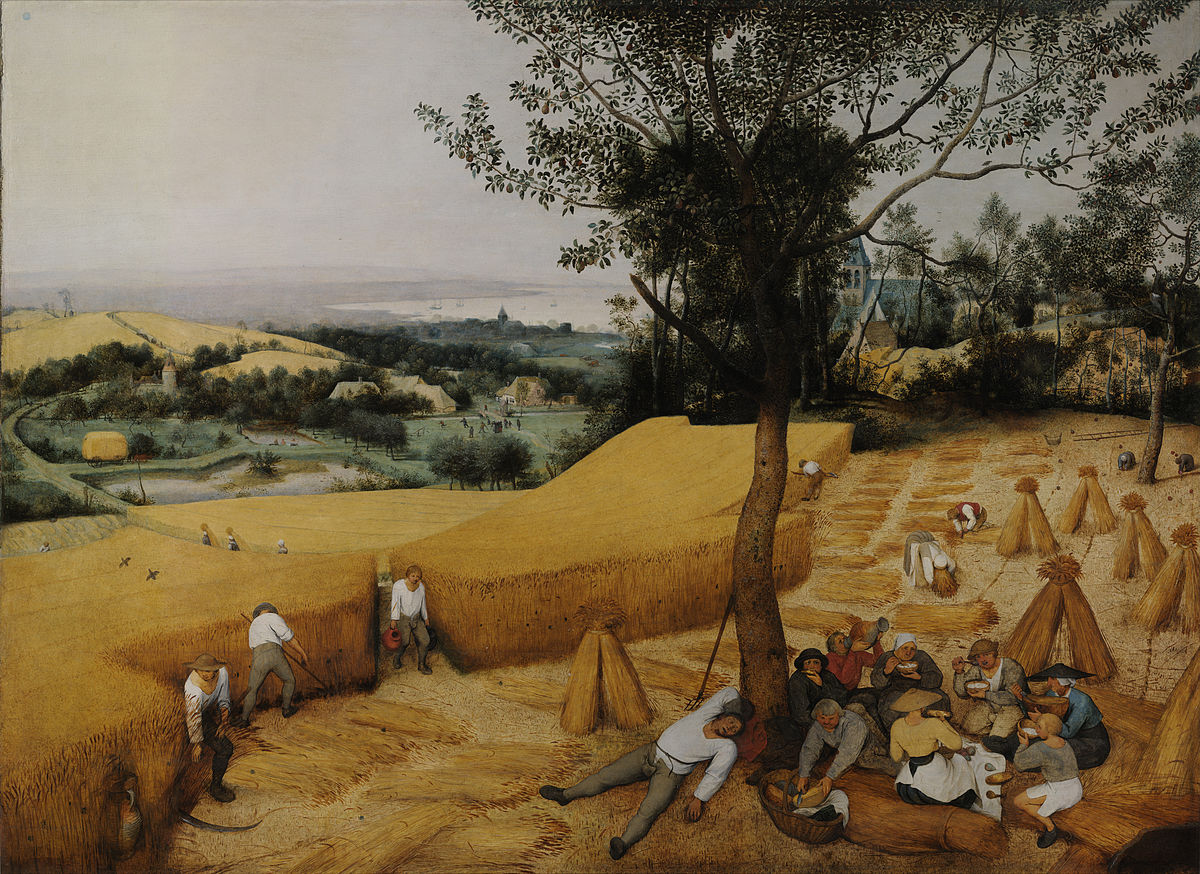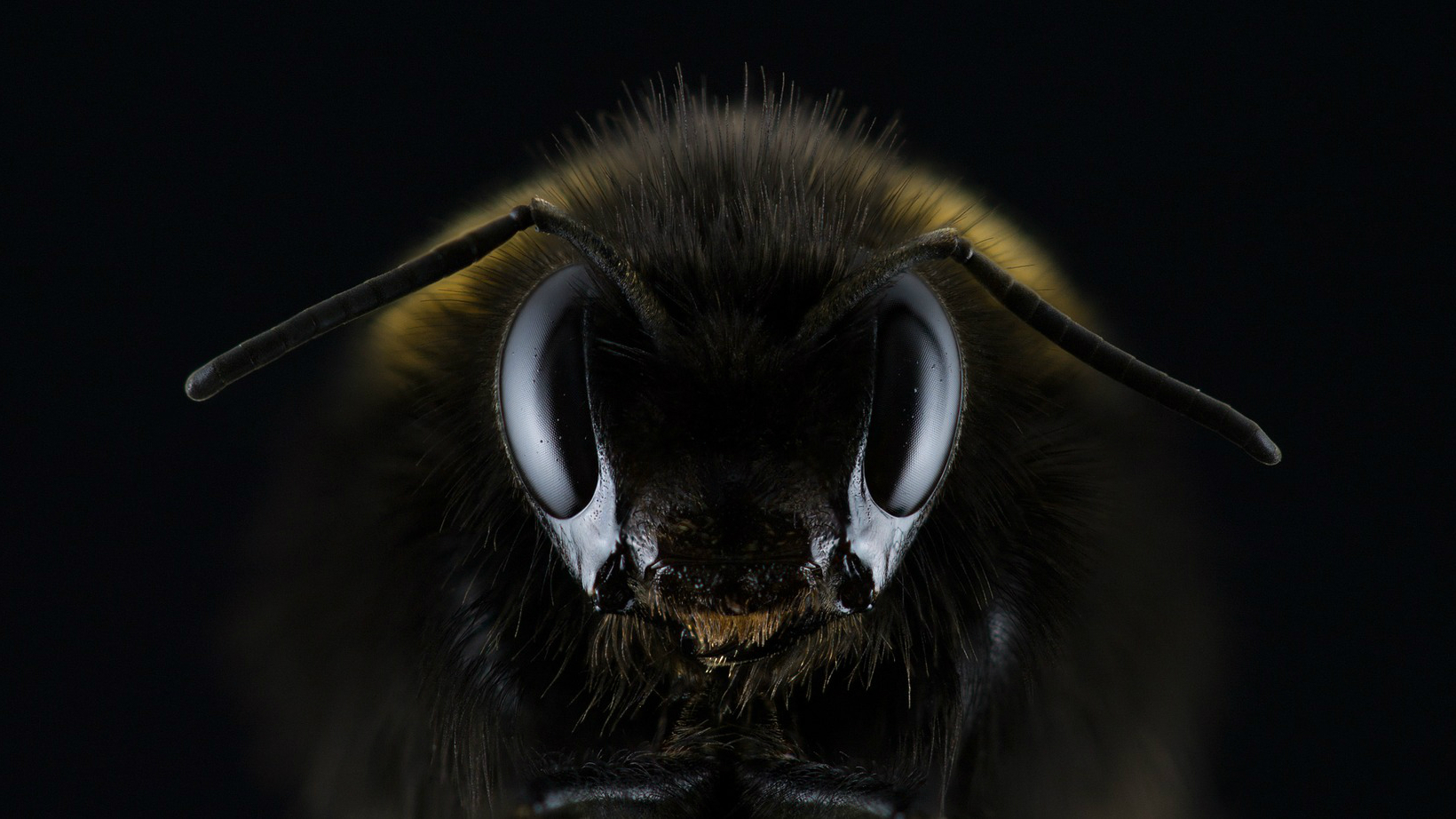Surprising Science
All Stories
Sports teams have yet to pour a celebratory cooler of chocolate milk over their coach after winning the big game.
Half of all the antibiotics produced in the United States are given to animals to help them grow faster, should we stop this for the sake of our health?
The James Webb Space Telescope could mean finding a human-sustaining planet in another galaxy.
We knew that coffee is good for us. Now we know why.
A fresh take on the decades-old Drake equation incorporates new factors and greater uncertainty, suggesting a high likelihood that humanity is alone in the universe.
A new study from MIT has found that piano lessons have a very specific effect on kindergartners’ ability to distinguish different pitches, which translates into an improvement in discriminating between spoken words.
A new study shows that environment, not genetics, determines behavioral patterns of eating in youth that persist throughout life.
Scientists have long known of an association between Alzheimer’s disease and viruses, but whether that link is meaningful has been a mystery for decades. A new study published in the […]
The chances of an asteroid large enough to be a threat to areas where human beings are concentrated are small. Still, it’s what’s known as a “high impact” result.
A longitudinal study of 20,000 young Americans found a strong correlation between extreme unattractiveness and higher pay.
Every month new research is showing how essential sleep is for optimal health. Here are two more.
A new study analyzes dog-owner videos and discovers the meanings behind 19 things a dog does.
Past research on ‘disgust sensitivity’ show it’s linked to political orientation, but the new study is the first to explore exactly how it’s linked to voting behavior.
Choosing a diet is hard for many people. But it doesn’t have to be.
The idea of a “healthy gut flora” might have gotten you laughed out of the room just five years ago, but they’ve slowly been more accepted over the years and are now firmly in the mainstream.
It’s no surprise our level of empathy impacts how we process social interactions with other people. But how might empathy affect the way we process music? That’s the question addressed […]
We were gaining three IQ points per decade for many, many years. Now, that’s going backward. Could this explain some of our choices lately?
The Fermi paradox asks us where all the aliens are if the cosmos should be filled with them. The Dark Forest theory says we should pray we never find them.
The West has been doing well scientifically for a few hundred years now, but it took almost a thousand years for it to catch up to the Middle East. Here are ten of the biggest discoveries the Islamic world got first.
Physicists prove a core part of the theory of general relativity by using the whole Earth and the most precise clocks ever.
Galaxy NGC 1277 is revealed as a relic galaxy that’s barely changed since it formed 10 billion years ago, giving scientists a rare chance to look into the past.
A new study of male bottleneck dolphins in Shark Bay, Australia discovers that each individual has his own distinctive name-whistle that other dolphins use when “talking” about him.
Marketers have long used envy as a tactic to sell products, but a new study suggests that it only works on people with a high sense of self-esteem.
A new study of CDC survey data shows that children with autism spectrum disorder are more than twice as likely to have a food allergy, causing scientists to ask which comes first.
If the universe is teeming with life, where is everybody? If this physicist is correct, they have one foot in their graves.
It’s the fastest orbit found in space so far.
Who needs a hole in the head? As it turns out, lots of people in ancient hospitals did. Why was one society so good at keeping people alive after it opened up their skulls?
A new study from the University of Oxford reveals what foods are, and are not, healthy for the environment.
At one point during the Neolithic era, the Y-chromosome in our species became far less diverse. Called the Neolithic bottleneck, the reason for it may have finally been revealed.
Scientists in Australia have demonstrated that honeybees can be trained to understand the concept of zero, something which took humans millennia to develop.





























